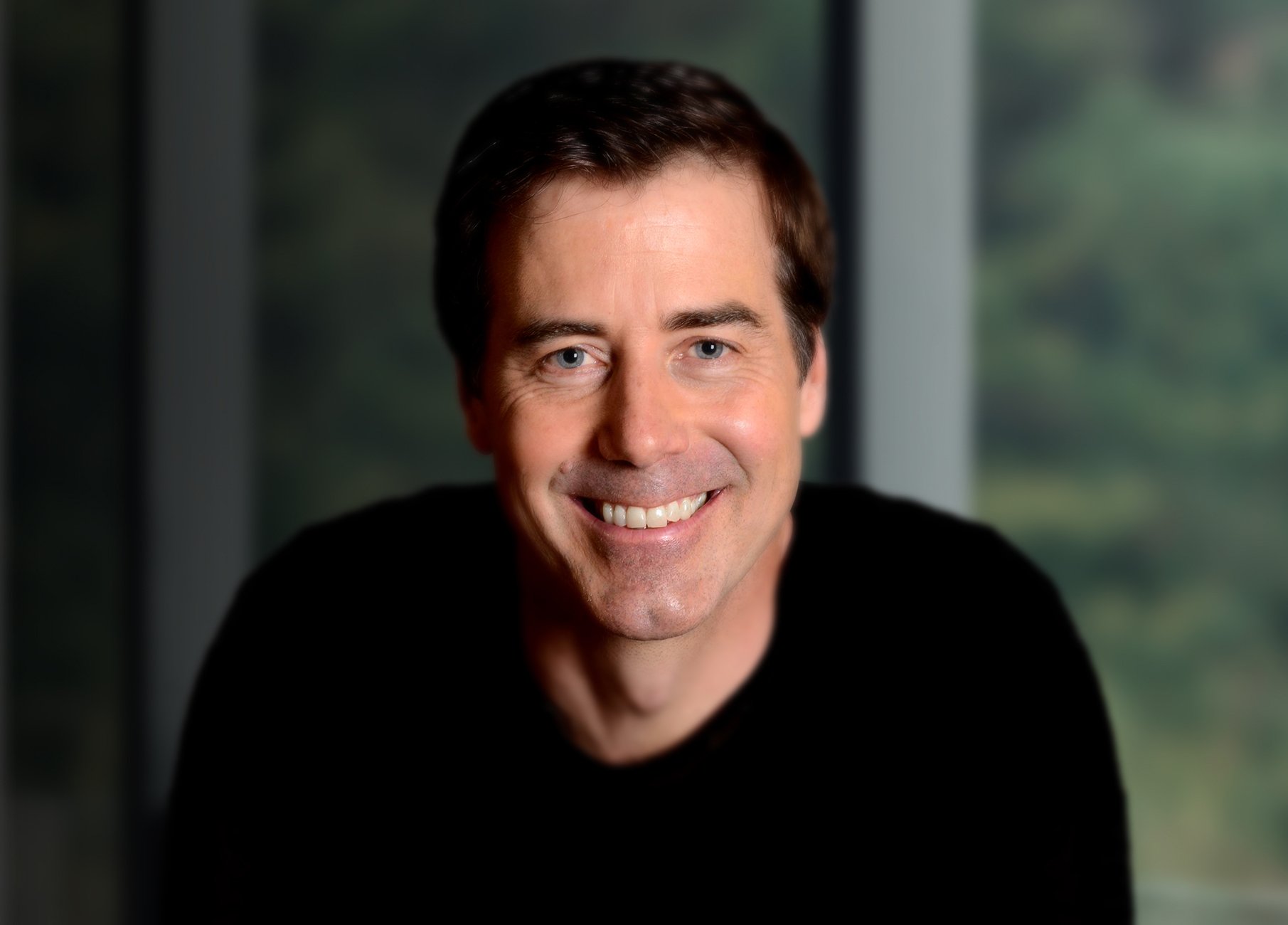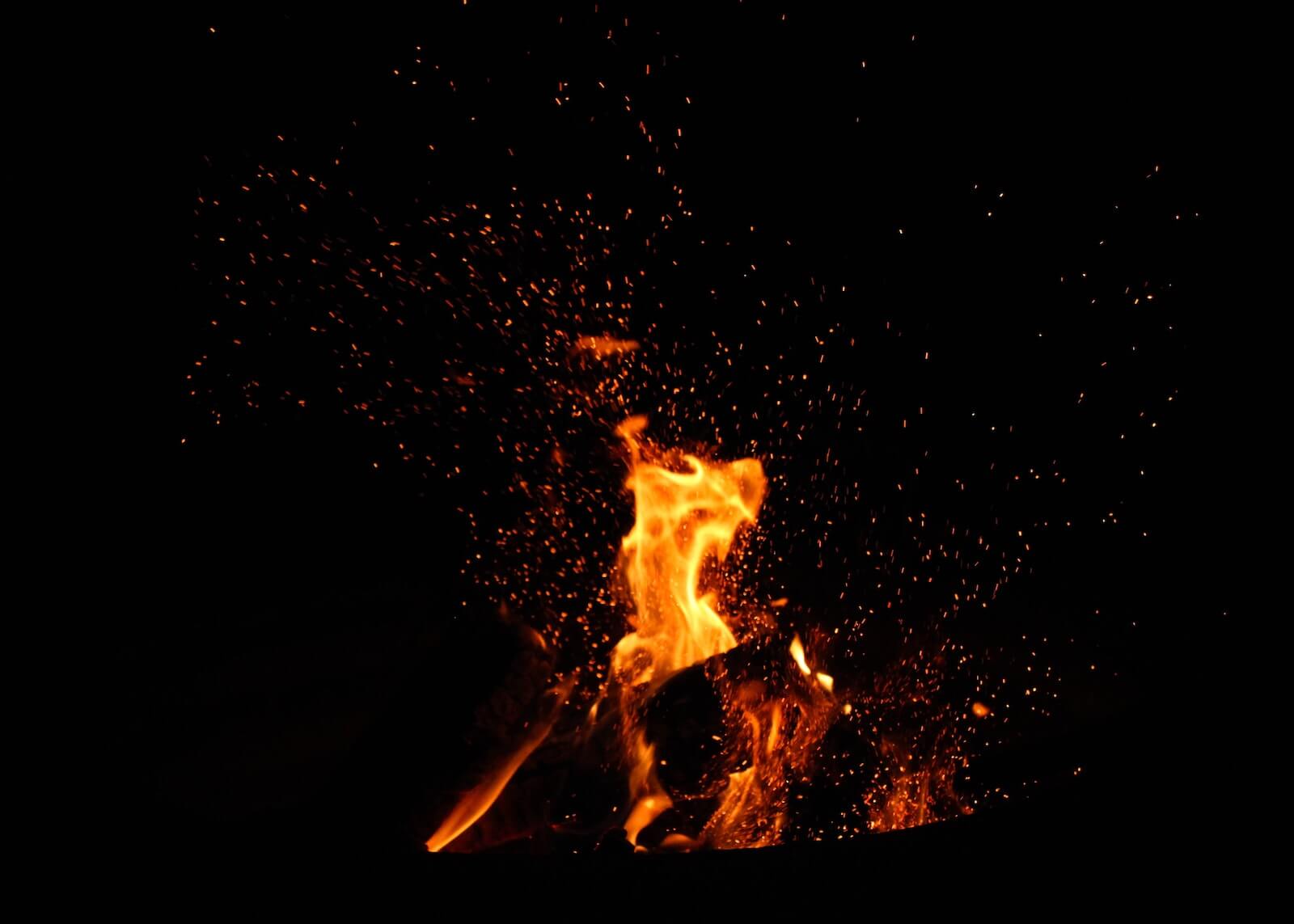Question: Can Focusing on the Body Get Me Out of My Head?
Many spiritual practices advocate focusing your attention on the body in order to liberate your awareness from the mind. While these approaches are...
5 min read
 Craig Hamilton
:
Oct 31, 2020 1:00:00 AM
Craig Hamilton
:
Oct 31, 2020 1:00:00 AM

We’ve all had the experience of meditating in a noisy, chaotic environment. We sit down to practice and it seems like the whole world is conspiring against the peace we’re trying to experience. Dogs bark. Cars roar by. Bugs buzz near our ears. So what do we do in the face of this distraction? In this Q&A, Craig explains how meditating in the midst of chaos can actually strengthen your practice and your spiritual resolve.
Below the video player is an MP3 version of the talk and an edited transcript, if you’d prefer to engage the content in that way.
Want to download the mp3 version? Click here.
QUESTION:
(Participant): This was one of the most challenging meditations I've ever practiced. I was being pulled incessantly toward the noise of my surroundings, dog barking, nearby construction, traffic, sirens, etc. The more I tried to go to and feel the unknown, the louder the noises became. I became agitated and irritated and I felt exhausted by the experience. Do you have any tips?
ANSWER:
Craig: I'm sorry to hear you had such a frustrating and exhausting meditation.
For any of us here who have had that experience or might have that experience, just know, let's just say, it's not probably the meditations most of us are hoping for or it's not a sign that we're necessarily doing it just right or whatever, but it's an organic part of the process of learning to do this incredibly challenging thing we're inviting you to do and that sometimes it shows up just like that.
Let's explore this experience a little bit. The way you described your attempt to practice, you said, I was trying to go to and feel the unknown. You said the more I tried to go to and feel the unknown, the louder the noises became, the more agitating and irritating it all was.
Here's a question. All the background noise that we could possibly experience, how could we do this practice no matter what chaos was going on around us? It's important because when we think about doing meditation - if all of us took a moment and said what would be the ideal environment for doing meditation - we would all probably have some version of sitting next to a peaceful quiet pond in the woods and the temperature is just right, it's perfectly still, there's no sound, no bugs flying around me, no motor noise in the distance, it's just stillness. Or we're sitting in a temple and it's perfectly quiet. Or, we're sitting in our own meditation room and there's no noise and we're just perfectly comfortable.
To some degree that's true. The more ideal, quiet peaceful temperate environment we can have and we've had a good night's sleep, so we're well rested and we're well fed and our body feels good, and we're in a comfortable posture, so there's comfort and no pain or agitation and emotionally we haven't had an upsetting week, so there's not a lot of upsetting emotions around. I'm describing the outer environment and the inner environment and it's all just right.
That's desirable. I'm not going to pretend that that's somehow not desirable. You might have some really beautiful deep profound meditations with everything working like that, inner and outer, and that's wonderful. If we can make that happen, that's a great thing.
But very often, that's not going to be the context in which we're meditating, is it? Sometimes we're going to be sitting in Santa Monica and there's going to be all manner of noise and chaos going on around us.
I remember a retreat I was leading, a live retreat once at a retreat center. We were in the middle of our evening practice session and somehow the fire alarm system at the retreat center malfunctioned and for the next hour, the alarms kept going off. Then they would come and tell us, oh, we're fixing it, and then they would stop. We would all be in meditation again and ten minutes later they would all go off again. We had to evacuate the room a couple of times just as a safety measure, even though they knew it was okay. Anyway, on and on.
We had to laugh and work with this totally chaotic night and still find a way to mediate. There was a particularly funny moment where part of their alarm system was a little intercom that would actually speak words. It came on and it said, and this was about the fifth round of malfunction, it came on, we're all meditating, and it said, may I have your attention please. I spontaneously shouted out, no, you may not, and we all laughed. We were basically practicing how to not give our attention to this chaos that was surrounding us. It was kind of a well-timed comic moment. But also a profound one for the meditation because we had to really learn can I meditate even amidst all this external at that time chaos, which also sometimes is internal chaos.
What might we do with all that noise because certainly it seems to be a distraction. As you're saying, it pulls our attention toward it. The siren goes off. Our attention - oh, I wonder if that person's okay. I wonder what's going on. The dog barking, I wish that dog would be quiet, my darn neighbor with that dog, why don't they keep their dog quiet, on and on. It pulls our attention, it triggers us.
How could we rest in the unknown, even with a whole bunch of disturbing noises going on? That's maybe the practice question for all of us right now. I think it brings up the real essence of this which is are those noises somehow separate from the unknown that we're pointing to?
Is this dimension of who we are somehow separate from everything that arises in this world or, in fact, can we rest in the unknown? Can we simply sit here not needing to know and be more interested in what's beyond the mind than in what arises in the mind, just sitting here amidst all the chaos of life, inner and outer, but with no need to know anything and no compulsion to move toward those things? Even if our attention gets distracted again and again by things happening outside us beyond our control, on a fundamental level, even that we're not letting disturb us. Even the distraction we're not making a problem out of. We don't conclude that it shouldn't be here and we don't conclude that we should be better at concentrating on the practice. We just keep being interested in the unknown. We keep renouncing the need to figure something out, to know something, to have an angle to take, to get somewhere other than where we are.
In my experience it's possible to fully give ourselves to this, regardless of what's going on around us, even if it might be in some ways more challenging to do so. I would guess that part of the reason you got kind of tied in knots and exhausted by the end was that you had a conclusion that you should be having a different experience than you were having and that somehow you should be able to not be bothered by the noises and not be distracted by them. So, every time you got distracted, you kind of drew a conclusion and said, I shouldn't be getting distracted, I'm not doing the practice. I'm guessing the exhaustion came from the kind of wrestling with yourself as opposed to maybe moving into an ever more easeful relationship to all that chaos, where it would be like, I don't care if the whole world's in chaos around me, I am meditating and I'm going to be at ease with it and not be distracted and not get involved, and even if I'm getting distracted, I'm not going to make a problem out of that or draw any conclusions about that. I'm just going to sit here and be innocent, free from ideas.

Many spiritual practices advocate focusing your attention on the body in order to liberate your awareness from the mind. While these approaches are...

Meditation invites us to completely let go of the “need to know” and rest in the unknown. But is this stance of “unknowing” as passive as it sounds?...

At some point or another, nearly all meditators struggle with the challenge of an overactive mind. Most of us are aware that meditation requires us...